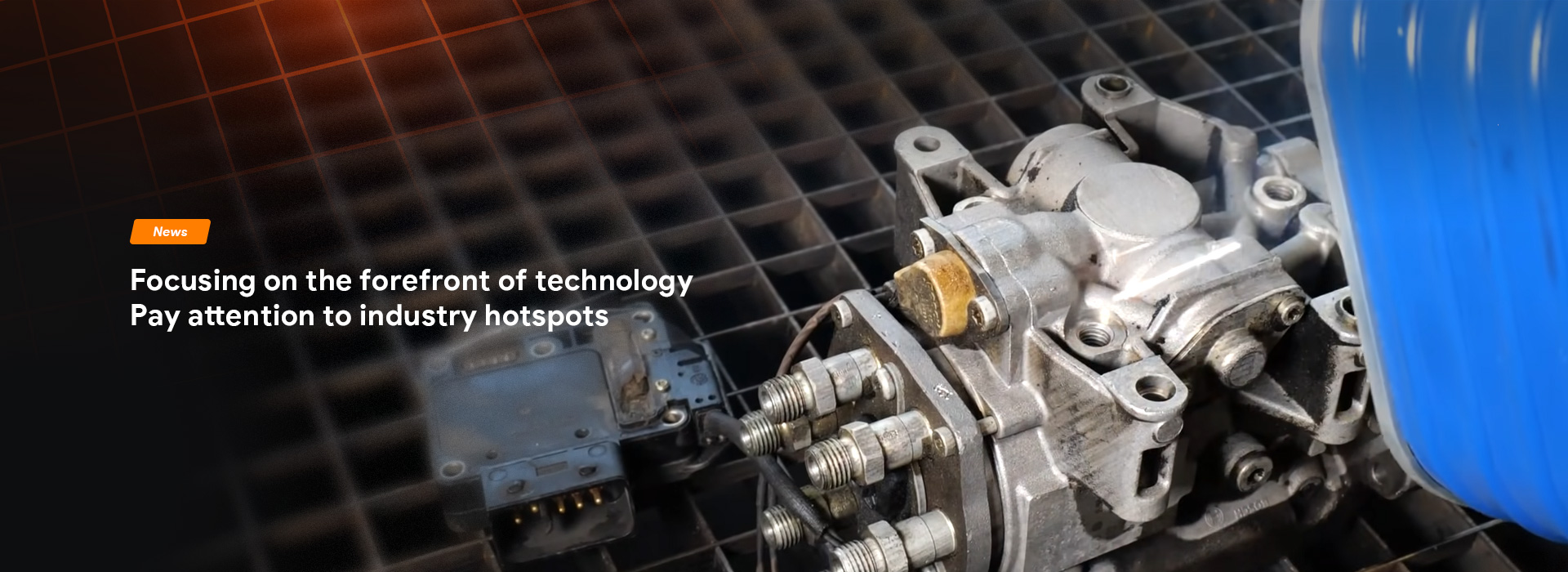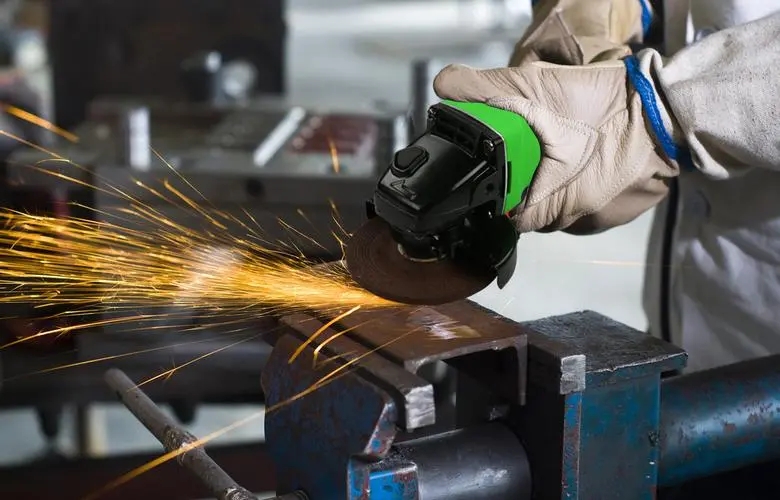
In recent years, laser cleaning, as a new type of surface treatment technology, is gradually replacing traditional mechanical polishing methods with its advantages of high efficiency, fast speed, precise control, no wear and environmental friendliness. In the future, laser cleaning is expected to be applied in a wider range of fields, such as biomedical and energy. Meanwhile, with the increasing awareness of environmental protection, laser cleaning, as an environmentally friendly technology, will be widely applied and developed.

The advantages of laser cleaning
Efficient and fast: Laser cleaning can remove various pollutants such as oil stains, rust, paint, etc. at an extremely fast speed, greatly improving cleaning efficiency.
Accurate control: The energy distribution of the laser beam is uniform, and the cleaning process can be precisely controlled, avoiding surface damage that may be caused by mechanical polishing.
No wear: Laser cleaning does not cause wear on the material surface, effectively extending the service life of the equipment.
Environmentally friendly: Laser cleaning does not produce noise, dust, and other pollutants, which is beneficial for protecting the environment.
The application of laser cleaning
Industrial manufacturing: Laser cleaning is widely used in fields such as automobiles, aerospace, and ships to remove coatings, oil stains, and rust from metal surfaces, improving the appearance quality and performance of products.
Cultural Relics Protection: Laser cleaning technology can effectively protect cultural relics and historical sites, remove surface pollution and corrosive substances, and extend their preservation life.
Construction industry: In the field of construction, laser cleaning can be used to clean the surface of large objects such as exterior walls and sculptures, which is both safe and efficient.
Electronics industry: In the electronics industry, laser cleaning can be used to remove pollutants from circuit boards, improving the performance and reliability of electronic products.
